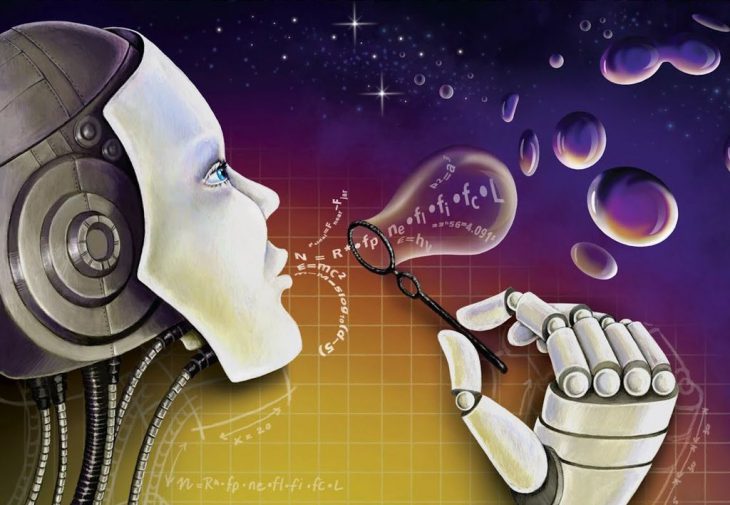Have you ever wondered how complex the evolution of intelligent life might be? According to scientists, intelligence requires some initial steps to form, such as the origin of life out of non-living matter, the production of cells, and the intelligence itself. These transition steps are thought to take a long time, in some cases even exceeding Earth’s lifetime.
The only life we know about in the universe so far is Earth life, so we only have data about the evolution of life on Earth. As a result, we are inevitably biased in our understanding of the phenomena of life and intelligence. However, most researchers argue that the chemical and biological processes on our planet should be representative of the whole observable universe.
In related studies conducted so far, the estimated probabilities for a planet to host life or develop complex (intelligent) life vary a great deal. Some scientists say the probability is very low, others say middle of the road, and others say it is high. In fact, the scientific community is divided. One camp suggests that the chance of intelligence development is extremely small, because there’s no trend to that direction in an environment. Other experts claim that even if a required step is unlikely to happen, it may occur if there are multiple ways it can be completed.
In this study, researchers tried to calculate the time each step towards the evolution of intelligent life takes. Their ultimate goal was to calculate the total expected time for the emergence of intelligence on a life-bearing planet, and thus assess how rational the search for other intelligent civilizations is.
To make this calculation, the researchers set up what is called a Bayesian model. A Bayesian model is a statistical tool that provides us with odds that are representative of the level of uncertainty we have about a fact. They tested several cases for the steps towards the evolution of intelligent life, after defining lower and upper expected limits for the rate of each step. Additionally, they examined whether the calculated time spans were shorter than Earth’s lifetime, considering what we know about the evolution of life on Earth.
In particular, their model presupposed that the Earth’s oceans, which they say are essential for life to begin, formed between 4.4 and 4.2 billion years ago. They assume that eukaryotic cells were the beginning of complex life, and that sexual reproduction formed at around the same time. “Intelligence” is defined as language, symbolic reasoning, and art, stretching thousands of years back. Naturally, there is a degree of subjectivity in these assumptions. There are large uncertainties about how long these transitional periods took and the details of each step. Probability techniques were implemented to account for these uncertainties.
In most cases, odds diminish to zero for the emergence of intelligent life within Earth’s expected lifetime when the researchers run the model using data based on Earth’s fossil record. For example, out of 1012 (1 followed by 12 zeros) possible outcomes in our galaxy, only 1 results in the formation of intelligent creatures within a timescale less than Earth’s lifespan.
But this does not mean evolution of intelligent life on Earth is impossible. Probabilistic models like this contain large margins of error. No matter how improbable a transition step may seem from the calculations, the researchers found that it never really drops to nil. In other words, even if a transition step takes a very long time, it may still take place, and humans might be able to observe evidence of its occurrence.
Researchers concluded that the expected transition times of the various steps in the evolution of intelligent life take longer than the Earth’s age. The authors claim that arriving at the opposite result would suggest many unlikely assumptions about the evolution of life. According to this particular study, intelligent life is exceptionally rare, assuming that it only evolves the way it evolved on Earth.


